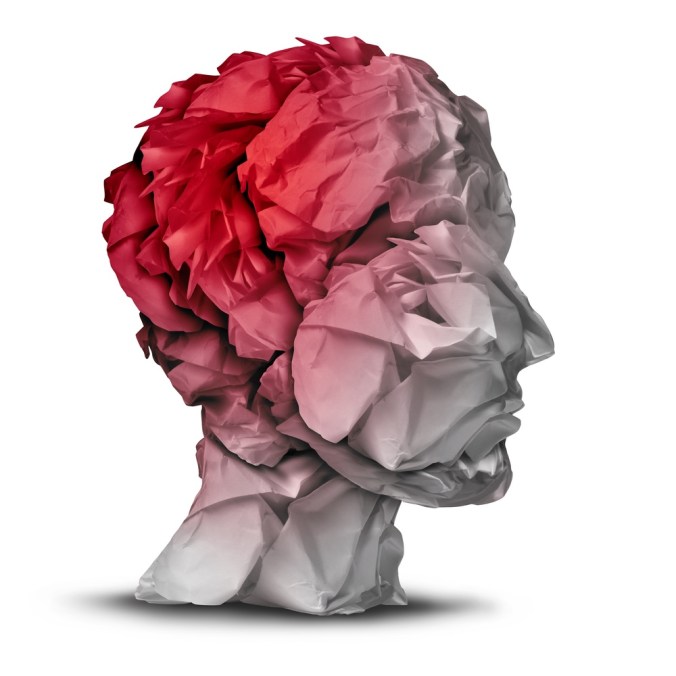 You are regretting the choice in your Friday night movie as you get ready for bed. Every creak and groan of your old house puts you on edge. Each shadow sparks your imagination to picture the hideous creature casting the image. Securely wrapped in your bedspread you suspiciously eye the closet door and worry what will happen to any appendage that might accidentally escape the safety of the blankets.
You are regretting the choice in your Friday night movie as you get ready for bed. Every creak and groan of your old house puts you on edge. Each shadow sparks your imagination to picture the hideous creature casting the image. Securely wrapped in your bedspread you suspiciously eye the closet door and worry what will happen to any appendage that might accidentally escape the safety of the blankets.
In a couple of days you will be able to laugh with your spouse about hitting them as they came up behind you to put a hand on your shoulder; or joke with your friends about how you screamed as the cat rubbed against your ankles. Looking back you shake your head at the absurdity of your responses in a harmless environment. But this is a valuable example of the mind’s power.
The brain and the body are intertwined; connected in ways that we never acknowledge. We input data with every experience and activity that we are exposed to and it is processed, stored, and applied to ensure life’s continuance and prosperity. We were designed with the innate ability to prioritize in times of danger. The combination of nurture and nature sets us up to respond with lightning speed and though it may appear that our bodies bypass our brain in reality it is the entrenched neurological pathways of our minds that save us. When time is of the essence we function at a level every AI developer dreams of reproducing.
Then trauma comes and it changes everything.
We are exposed to something beyond our abilities to process or comprehend. Survival is still at the forefront and the body and brain prioritize what is emergent and what is lethal. This strategy is aimed at giving us more time and extending life. Though it also alters those neuro connections that have been the framework of our decisions. All this in the name of claiming one more breath, one more day, one more milestone. Yet when the danger fades and we move further away from the catalyst our physical and emotional behaviours do not always follow suit. They can become cemented. As if the shock of the traumatic event carved deeper and stronger pathways in the brain. Ones that potentially abrogate every other foundational conclusion that existed. The overreaction that saved us now renders us immobile. Functioning on high alert and reacting as though danger is always present.
The only option is to reset.
So when the body tells us there is a crisis or discomfort we have to override our natural response and build new connections. Using all the tools we have to suppress the panic and engage our brains in something different. Un-master the fight or flight responses. The only other time we learned at this level we were expected to nap throughout the day. Things we have always enjoyed will require maximum effort. Conversation and crowds can cause even more exhaustion then before. The ability to store and process new knowledge is diminished and even involuntary tasks now demand the engagement of the brain. Some activities will require that we remind ourselves to just inhale and exhale. Senses are heightened and the cerebrum will be bombarded with information. Everything that is automatic must now be dissected; each response challenged. It is relentless and solitary, but necessary.
There is no reset button.
I read in one of Ravi Zacharias’ publications, the following quote from Greek writer, Aeschylus, and it seems a worthy response for the dilemma above–“He who learns must suffer. And even in our sleep, pain which cannot forget, falls drop by drop upon the heart until, in our own despair, against our will, comes wisdom through the awe-ful grace of God.” And I can see this wisdom emerging in you, my dear Daughter!!
LikeLiked by 1 person
Finding yourself in a place far beyond what you have capacity for is quick teacher in humility and grace. Which I think is the secret of the wise. 💞
LikeLike